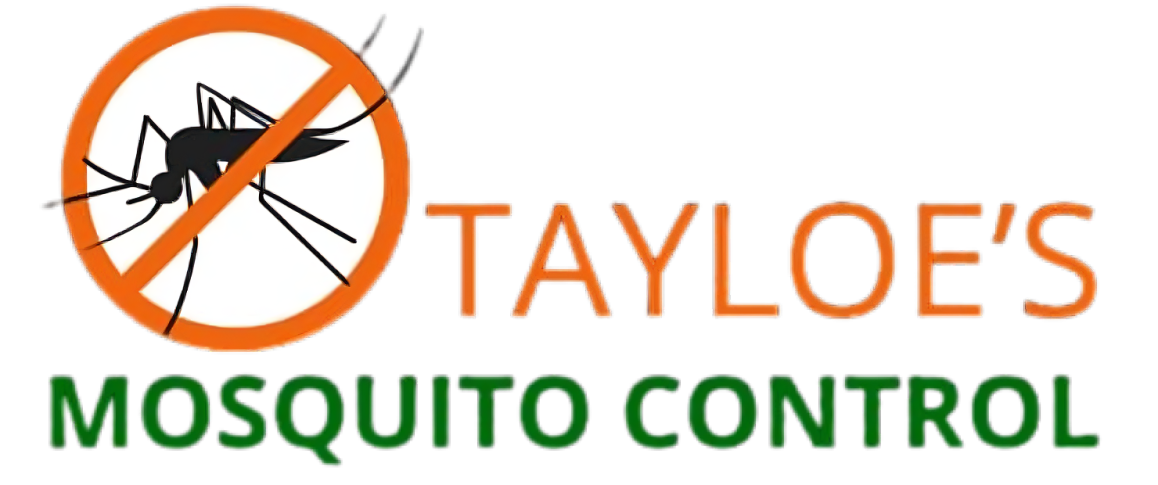Dengue Fever
Home > Dengue Fever
Dengue Fever and Mosquitoes
Here’s why Dengue Disease is so dangerous.
Dengue fever, also known as “break-bone fever,” is a mosquito-borne viral infection affecting millions worldwide. The impact of this disease, especially in tropical and subtropical regions, is profound, making it crucial to understand its transmission, symptoms, and prevention measures.


Tayloe’s Mosquito Control
What Is Dengue Fever?
Dengue fever is caused by the dengue virus, transmitted through the bite of an infected Aedes mosquito, primarily Aedes aegypti. There are four distinct but closely related serotypes of the virus (DENV-1, DENV-2, DENV-3, and DENV-4). This means that a person can be infected with dengue up to four times in their lifetime.
The word “dengue” is pronounced as DEN-ghee or sometimes DEN-gay, depending on regional accents. The “DEN” part rhymes with “ten” and the “g” sound is soft, like in the word “giant.” Keep in mind that pronunciation can vary slightly, but either of these should be easily understood. It’s always good to be aware of these variations, especially when discussing public health topics.


Symptoms of Dengue Fever
Symptoms usually begin four to ten days after being bitten by an infected mosquito and can last between two to seven days. Common symptoms include:
In severe cases, dengue can develop into dengue hemorrhagic fever or dengue shock syndrome, which can be fatal. Symptoms of severe dengue include severe abdominal pain, persistent vomiting, rapid breathing, bleeding gums, fatigue, restlessness, and blood in vomit or stool. Immediate medical attention is crucial in these cases.
Who Is at Risk?
Dengue is prevalent in tropical and subtropical regions around the world, particularly in urban and semi-urban areas. It affects people of all ages, but severe cases are more likely to occur in children and individuals with weakened immune systems. The risk is particularly high in areas with heavy mosquito infestations and where water accumulates, providing breeding grounds for mosquitoes.

Tayloe’s Mosquito Control
Recent Dengue Cases in North Carolina
Recently, North Carolina reported an outbreak of dengue cases, with 16 confirmed cases in the state. Four of these cases were in Mecklenburg County, which includes Charlotte. Health officials have urged residents to take preventive measures to avoid mosquito bites and reduce mosquito breeding sites.
Tayloe’s Mosquito Control
Prevention and Control
The most effective way to prevent dengue is to avoid mosquito bites. Personal protection measures include using insect repellent, wearing protective clothing. So grab those long-sleeved shirts and long pants to stay covered up.
Environmental control is also vital, such as eliminating standing water in flower pots, buckets, and discarded tires where mosquitoes breed. The Centers for Disease Control and Prevention (CDC) emphasizes community-wide efforts to reduce mosquito populations by implementing these strategies on a larger scale.
Vaccination is another preventive measure. The Dengvaxia vaccine, approved by the WHO, is available in some countries for people aged 9-45 who have had at least one previous dengue infection. However, it is not recommended for individuals who have never been infected with dengue as it may increase the risk of severe dengue upon subsequent infection.


Tayloe’s Mosquito Control
Treatment and Management of Dengue Viris
There is no specific treatment for dengue fever. Management involves relieving symptoms and maintaining hydration. For mild cases, rest, plenty of fluids, and over-the-counter pain relievers such as acetaminophen can help reduce fever and ease pain. It is important to avoid non-steroidal anti-inflammatory drugs (NSAIDs) like ibuprofen and aspirin, as they can increase the risk of bleeding.
In severe cases, hospitalization may be required. Treatment involves intravenous (IV) fluid administration and close monitoring of vital signs. In extreme cases, blood transfusions may be necessary.

Tayloe’s Mosquito Control
The Global Impact of Dengue
Dengue is a major global health concern. According to the WHO, vector-borne diseases, including dengue, account for more than 17% of all infectious diseases and cause over 700,000 deaths annually. The economic impact of dengue is also significant, with substantial costs associated with healthcare and lost productivity. Efforts to combat dengue include global initiatives and research to control mosquito populations and develop more effective vaccines and treatments.
By understanding dengue fever and taking preventive measures, we can protect ourselves and our communities from this potentially severe disease. Contact Tayloe’s Lawn Care Services for safe and effective mosquito control to protect your family from mosquito-borne illnesses. Call or text us at 252.287.3376 and follow us on Facebook for more information.
DISCLAIMER: This information is for general knowledge purposes only. While we pride ourselves on knowing a lot about mosquitoes, we’re not doctors. So, if you suddenly find mosquitoes dive-bombing your head, call us for professional mosquito control! We’ve got your back—but we don’t pretend to have a medical license.
